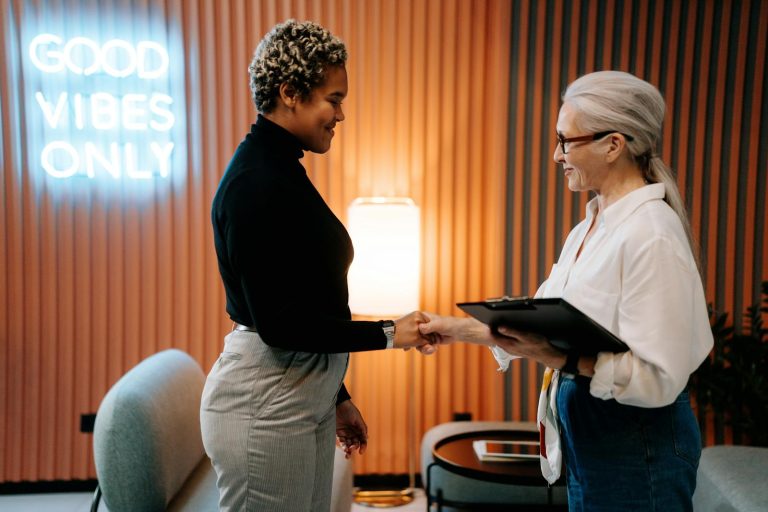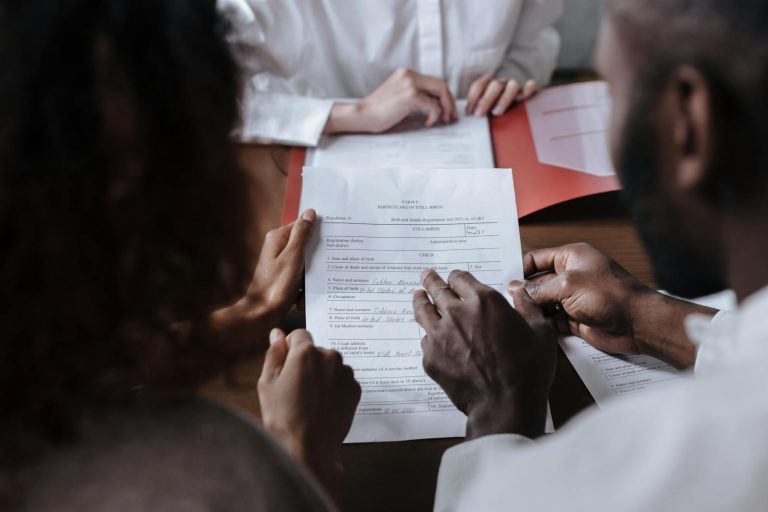As experienced divorce lawyers at Tampa Divorce Attorney, we understand that preparing for divorce mediation in Florida can be overwhelming. Our goal is to simplify this process and help you feel more confident and ready. In this article, we’ll provide practical steps and insights to ensure you are fully prepared for mediation. Let’s dive in and make this challenging time a bit easier for you.
As stated in the Florida Courts website, gather all financial documents, make a list of shared assets and debts, and think about your goals for mediation. Be ready to discuss parenting plans if children are involved. Stay calm and open to compromise during the mediation process.
Understanding Divorce Mediation
Divorce mediation offers a more amicable and controlled approach for couples to resolve issues such as child custody, asset division, and spousal support, often resulting in a more satisfactory outcome for both parties.
Let me explain, the mediator doesn’t decide things for the couple but helps them find solutions they both agree on. Mediation can cost less and take less time than going to court.
In other words, it can also help reduce arguments and lead to a friendlier agreement. This way, couples have more say in the results of their divorce and can move on with their lives more easily.
Choosing the Right Mediator
Selecting the right mediator significantly boosts the chances of a successful conflict resolution.
Typically, a mediator should be fair and neutral. They should be good at communicating, listen well to both sides, and help guide the conversation. It’s important to pick a mediator with experience in solving disputes. Everyone needs to trust the mediator.
To put it briefly, the mediator should make sure the discussion is safe and respectful. Also, check the mediator’s background, training, and qualifications. It’s important that everyone feels comfortable with the mediator. The right mediator can help both sides find a fair solution to their problem.
Gathering Essential Documents
Based on what we observed, securing essential documents ensures you have vital records ready for anything from emergencies to major life events.
So to speak, these papers may include ID cards, birth certificates, social security cards, passports, driver’s licenses, and insurance policies. It’s important to keep these documents in a safe place to avoid losing them or having them stolen. Collecting these key papers is important for things like applying for jobs, going to school, getting healthcare, and traveling.
Come to think of it, without them, people might have trouble proving who they are or getting the services they need. So, it’s a good idea to regularly check and update these documents to make sure they are up-to-date. Also, having copies or digital versions can be useful if the originals are lost or damaged.
Setting Your Goals and Priorities
As outlined previously setting clear goals and priorities boosts productivity and gives life a sense of direction and purpose.
Essentially, setting goals helps you focus on what you want to achieve. When you prioritize, you figure out which tasks are most important and need to be done first. Clear, specific goals guide you and keep you motivated. By setting these goals, you can see how you’re progressing and measure your success.
It’s important to make sure your goals are realistic and doable. To cut a long story short, rank your goals by importance and urgency. Dedicate your time and resources to reaching these goals. Regularly review and tweak your goals and priorities to make sure they match your overall plans and ambitions.
By having clear goals and priorities, you can stay organized, motivated, and on track to succeed.
Preparing Emotionally for Mediation

As we have already covered being emotionally prepared for mediation means embracing open-mindedness, patience, and heightened self-awareness.
All in all, it’s important to be ready to listen and talk clearly, while also keeping your cool and looking for solutions. Before the mediation session, take some time to think about your goals and worries. It can also help to practice ways to reduce stress, like deep breathing or mindfulness.
In other words, being honest with yourself and the mediator about your feelings and needs is very important for a good outcome. Additionally, being open to compromise and finding common ground with the other person can lead to a positive resolution.
Bringing it All Together
Adding to what we said, in conclusion, preparing for divorce mediation in Florida requires careful planning, organization, and communication.
What Tampa Divorce Attorney is recommending to talk to is, by gathering all necessary documents, being open to compromise, and seeking legal advice when needed, you can work through the mediation process effectively. Remember to approach the mediation with a cooperative mindset to achieve a fair and amicable resolution.







